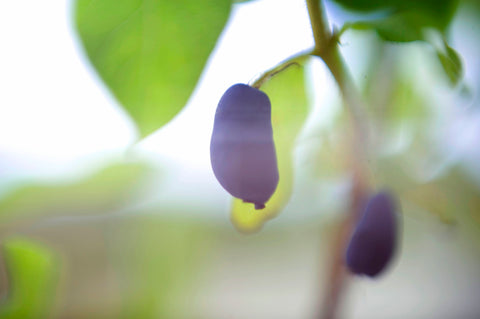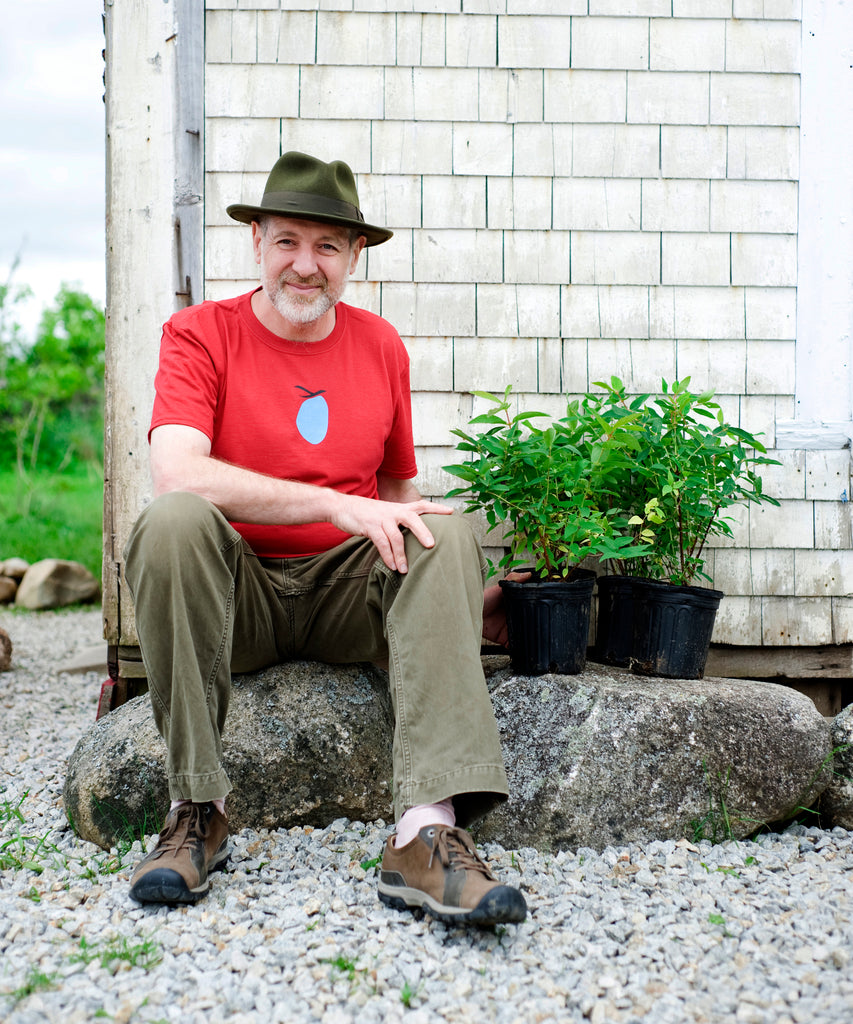Haskapa was established in the UK in January 2019, by Evie and myself, but the origins of our business date back another decade. It was then we first purchased a farm in Nova Scotia, Canada. Whenever we relate this to folks, they naturally ask “why did you buy a farm in Nova Scotia?”. Read on, and all will be explained.

Most of my career was devoted to sustainable timber sourcing. For 25 years I travelled the world auditing hardwood forests and trying to improve the environmental credentials of the supply chain of our UK hardwood importing company, Timbmet. My search took me to many corners of the globe, especially South America and Africa, and I am pleased to report we made a lot of progress, incorporating many environmentally certified timbers into Timbmet’s product ranges.
Going back 20 years, in the course of my green timber challenge, I received an approach from ZSL (The Zoological Society of London, better known as London Zoo). They had a problem and asked for my help. ZSL wanted to better understand the remaining wildlife in logged-over lands in Sub-Saharan Africa. To achieve this they needed access to land areas where logging had taken place so they could conduct wildlife surveys. For fear of bad publicity, the African logging companies did not trust ZSL, so were resisting any requests for access to their timber concessions. The question to me was, could I use my influence as a timber trader to soften this policy and allow ZSL to conduct their studies?
Well, as it turned out, after several visits to Ghana and a lot of carefully worded exchanges, I not only arranged access for ZSL, but also found myself involved in a pioneering carbon offsetting project endeavouring to plant 20 million trees in logged over Ghanaian forest reserves that were ripe for reforestation. Cutting a long story short, after planting some half a million trees, the project - a joint venture between several forward thinking companies – sadly had to be abandoned because of the global banking crisis of 2008.
My passion for planting trees was frustrated, but by no means exhausted. I had a new, more modest idea; to find a small plot of woodland and plant trees closer to home, say somewhere in the British Isles. I looked at many woodlots for sale, but they were all very expensive. UK woodlands are often valued for sporting rights so prices can be significantly out of kilter in terms of timber valuations.
I did manage to procure 17 acres of farmland in Oxfordshire, that we placed into a charity, Cumnor Hurst, which we still manage today. Over 14 years, together with countless community volunteer groups, we have planted over 10,000 trees. Cumnor Hurst is open to the public every day of the week.

The search for a bigger woodland plot was more challenging. Enter Nova Scotia. In 2007 we travelled there on a family holiday. Evie often jokes that most normal people come back from holidays with a souvenir in their case. We came back having purchased a 300 acre farm. How so? Well, it turns out that beautiful Nova Scotia is one of the cheapest places on the planet to buy woodland. A once prosperous farming industry is sadly in a state of long term decline, leaving countless smallholdings on the market for reasonable prices as the younger generations of Nova Scotians abandoned their harsh rural lifestyles to work in the cities out-west.
Our 300-acre farm was in actual fact 280 acres of fine natural forest plus, as a bonus, 20 acres of farmland… but oh what farmland! Magnificent rolling green fields, blessed with abundant rainfall, lush vegetation and rich natural soil untouched by chemicals. Ideal for growing something. What though?

We did what all naïve urban farm owners do when they are clueless about actual farming and turned to Dr Google. Her deeply considered recommendation was to grow a completely unknown, but highly nutritious berry – jam packed with antioxidants - called the haskap. Madness or what? The berry has been extensively researched by Saskatchewan University over many years (thanks to the legendary Dr Bob Bors). Considered ideal for Canadian farmers, the haskap bush would take 5 years to reach full maturity, at which point its incredibly tasty berry harvest could be sold to a happy global consumer base, ready and waiting for this superfood revolution.
In the event, it hasn’t exactly turned out that way. My next blog will explain how the haskaps grew in reality, and how Evie and I came to start Haskapa Limited from our home in Oxford, UK.
